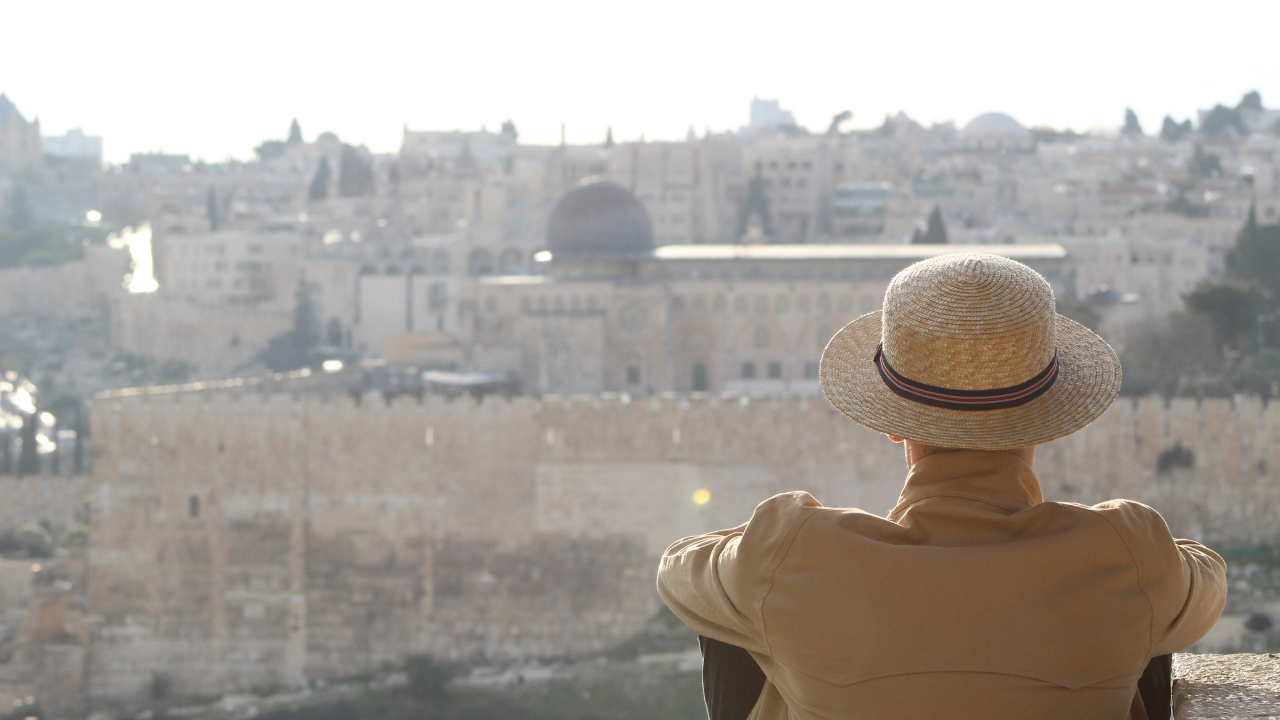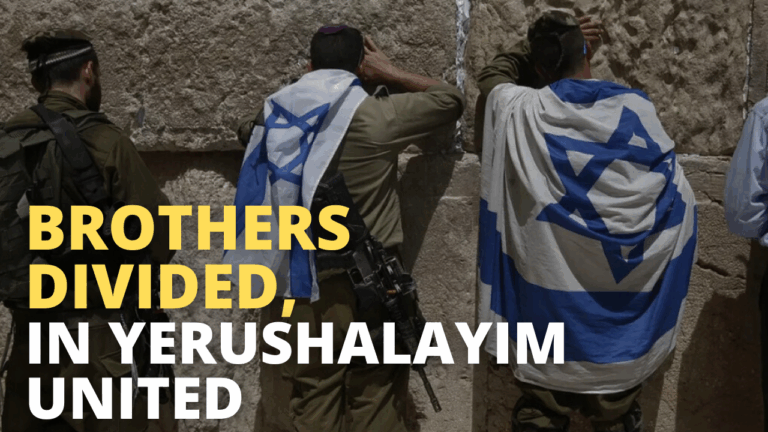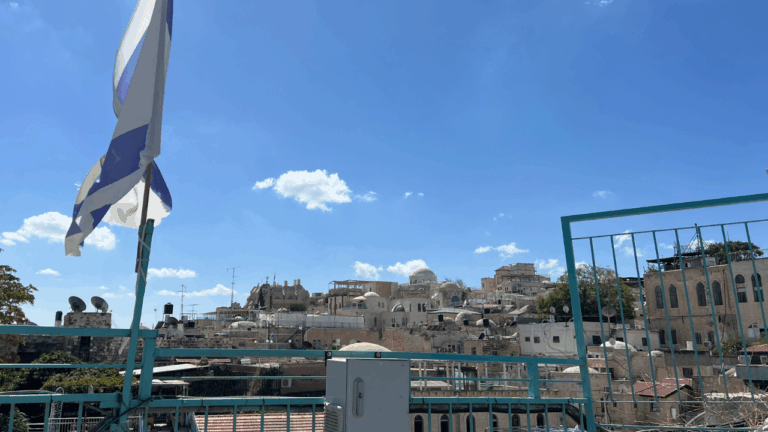The Binding Walls of Jerusalem
Jewish unity is an important value in the Torah. God only rests his presence on the Jewish people when they are unified. We are told that the Jewish people were as one person with one heart when God gave them the Torah.
Considering the importance of this unity, we must inquire about how it practically looks. Does the Torah want us to flatten our differences and suppress our individuality to create equality and unity? Does the Torah favor a monolithic form of unity where people feel close to one another due to the lack of differences between different people and groups? One way to explore this question is through an analysis of the laws of Korbon Pesach.
In the times of the Beit HaMikdash, the offering of Korbon Pesach was a great unifying experience. Jews from all over the country converged on Yerushalayim and streamed through the Beit HaMikdash to bring their korbon. Everybody stood together as a single “assembly of the Jewish people.”
With this start, one would think that the Korbon Pesach would also be eaten together in a huge cafeteria of sorts. After all, what can express Jewish unity better than the entire Jewish people having a joint seder and eating together? Yet, the Torah teaches us that the opposite should occur. Rather, each korbon must be eaten in a single “house” which Chazal teach means in the area of the chaburah, or the pre-designated group of people who were associated with this korbon. Leaving this area invalidates the meat of the korbon. Accordingly, it was prohibited for members of different groups to join together and share their meals.



